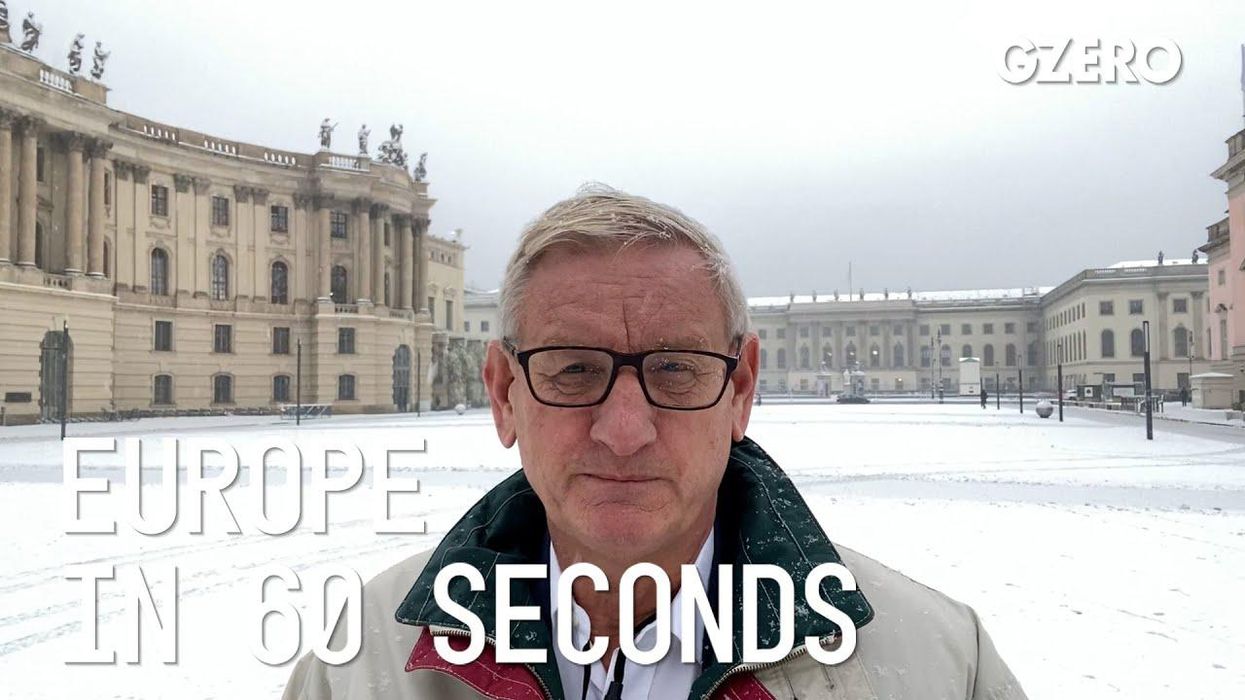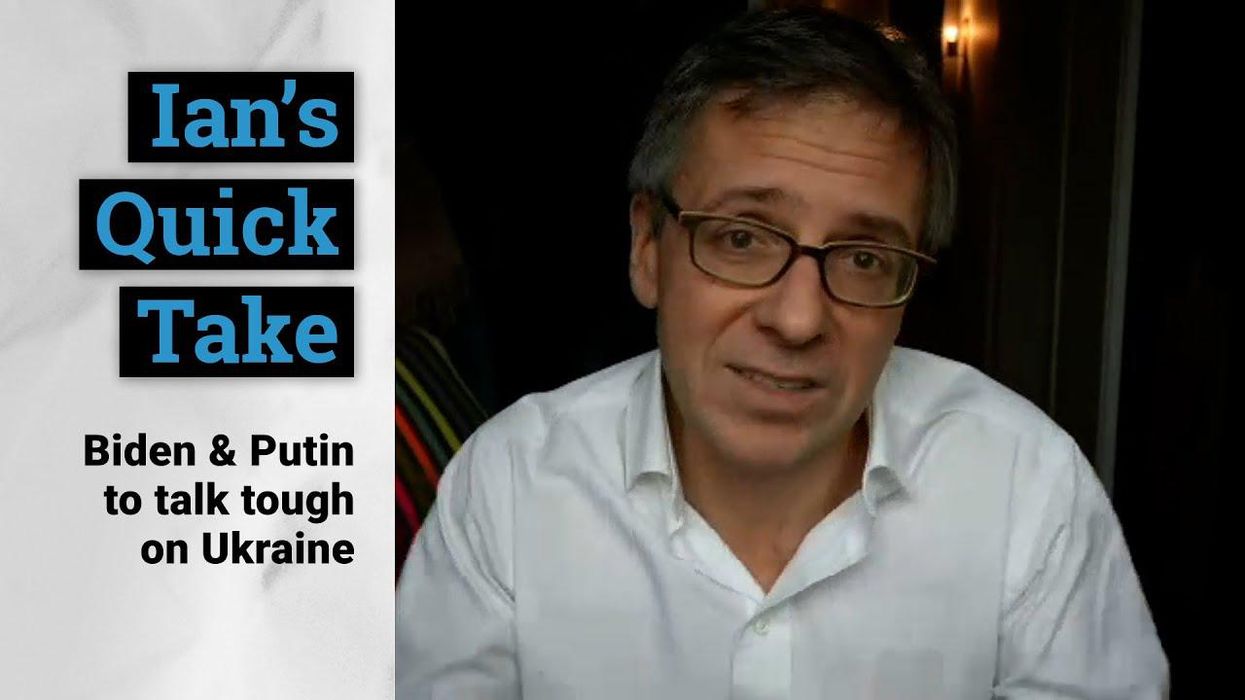GZERO Europe
Biden & Putin will continue Ukraine talks; Germany’s new chancellor
What came out of the video conference between Presidents Biden and Putin? Is Germany's new chancellor Olaf Scholz going to fill the power vacuum in Europe? Carl Bildt, former Prime Minister and Foreign Minister of Sweden, shares his perspective from Europe:
Dec 10, 2021


